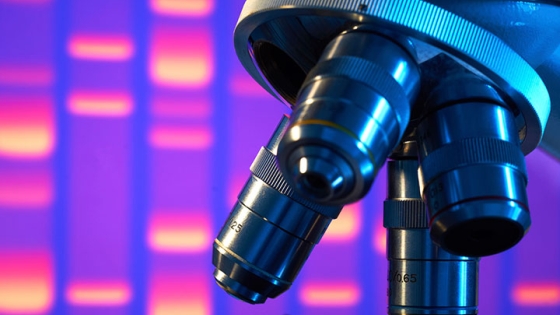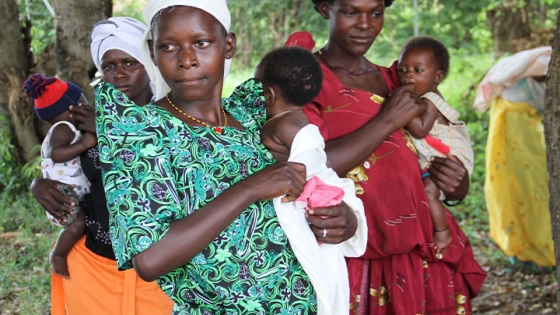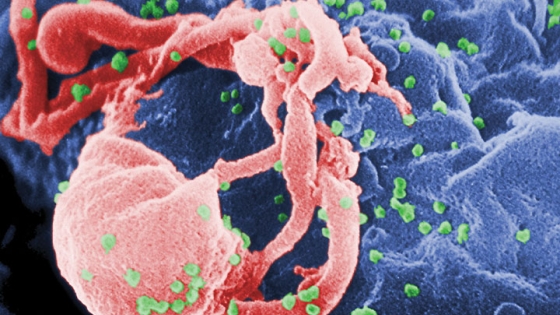Departments
The largest institution of its kind in the world, the Bloomberg School is home to 10 departments that offer faculty and students the flexibility to focus on a variety of public health disciplines.
Biochemistry and Molecular Biology
A founding department of the Bloomberg School, faculty and students conduct research to discover and characterize fundamental biological processes relevant to health and disease.

Biostatistics
The first academic department of statistical science in the world, faculty prepare students to be on the cutting edge of data analysis and evidence-based decision-making.

Environmental Health and Engineering
Faculty and students discover and apply new knowledge critical to understanding and mitigating the impact of the natural, built, and social environments on human health.

Epidemiology
The oldest department of epidemiology in the world, students gain proficiency in study design, measurement, and inference to prevent and control disease in human populations.

Health, Behavior and Society
Faculty and students study the optimal ways to change human behavior to impact public health—from social policy and social environment to individual behavior change.

Health Policy and Management
Faculty empower tomorrow’s public health leaders, inspiring them to embrace today’s challenges to create change in fields like government and health care management.

International Health
As global leaders in health research and program implementation, faculty and students focus on saving lives in the most underserved populations around the world.

Mental Health
In the only department dedicated to mental health in a school of public health, faculty and students advance understanding and prevention of mental and behavioral disorders.

Molecular Microbiology and Immunology
Faculty and students focus on understanding basic biological processes underlying the major infectious diseases affecting public health, including malaria, tuberculosis, and AIDS.

Population, Family and Reproductive Health
Grounded in a life course framework, faculty and students develop skills in areas like population sciences, biologic markers and behavioral science, program evaluation, and advocacy.

